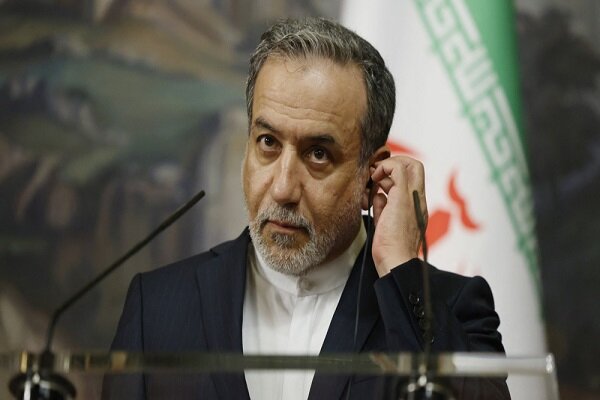In his X-account post on Thursday, Araguchi described the current state of bilateral relations with each European troika as a “losing” situation, and despite diplomatic calls, the trio regret choosing “hardway.”
“The relationship between Iran and E3 (France, Germany, and the UK) has experienced ups and downs in recent history. Whether you like it or not, why each side has its own story. For me, putting responsibility is a waste of movement.
Araghchi noted that in September last year he had provided conflict, dialogue and cooperation in a meeting with New York’s E3 and other European counterpart foreign ministers.
He said that his proposals extended beyond the nuclear issue to include all areas of mutual interest and concern, but Europeans chose a more difficult path, the minister said.
“I propose diplomacy again. After recent consultations in Moscow and Beijing, I am ready to take my first step with a visit to Paris, Berlin and London. Iran was ready to do that before it began an indirect dialogue with the US, but E3 has opted out,” emphasized Araghchi.
“The ball is currently on the court at E3. They have the opportunity to abolish the grip of special interest groups and build another path. Actions at this important junction could define the near future,” he added.
In 2015, Iran proved the peaceful nature of its nuclear program to the world by signing a Joint Comprehensive Plan of Action (JCPOA) with six world powers, including the European Troika. However, the unilateral withdrawal of the United States in 2018 during the first term of US President Donald Trump and subsequent re-stated sanctions against Tehran have been left.
In 2019, Iran began rolling back restrictions it had accepted under the JCPOA after other political parties, including the trio, could not withstand their commitments.
The Islamic Republic has repeatedly emphasized that it never acted as a departing party, but declared it would respond positively to potential positive steps by the counterparty.
MNA/

